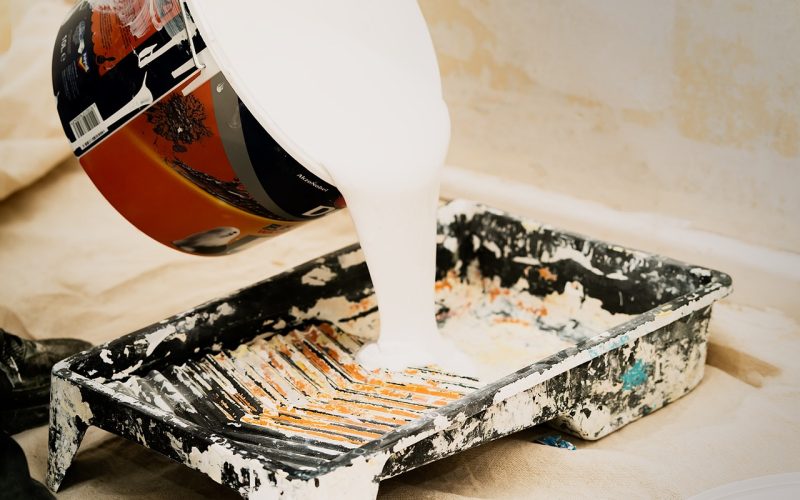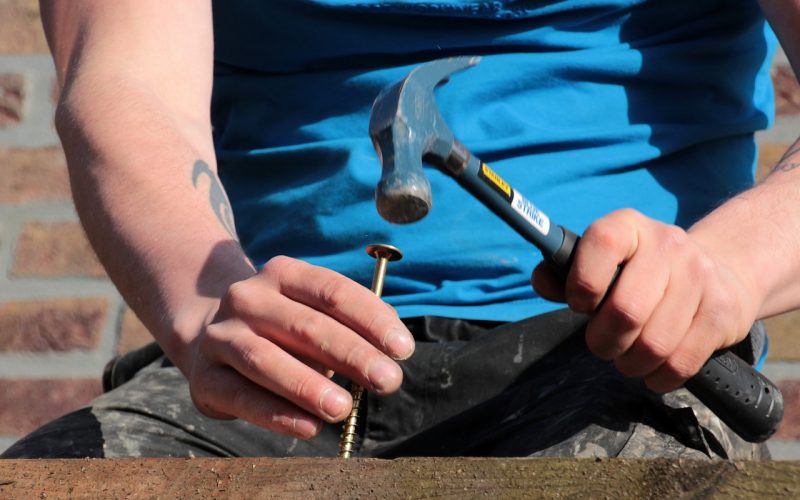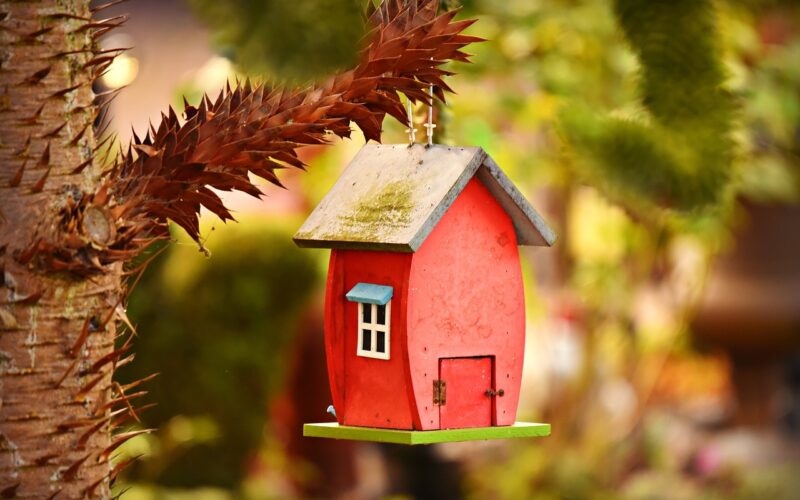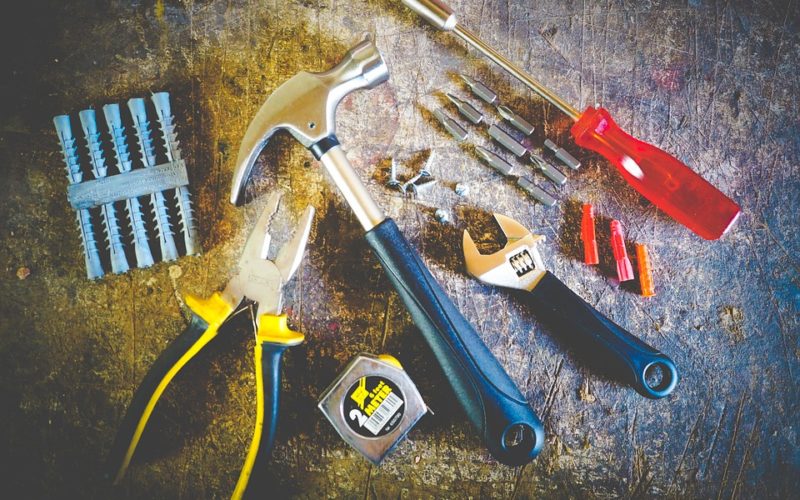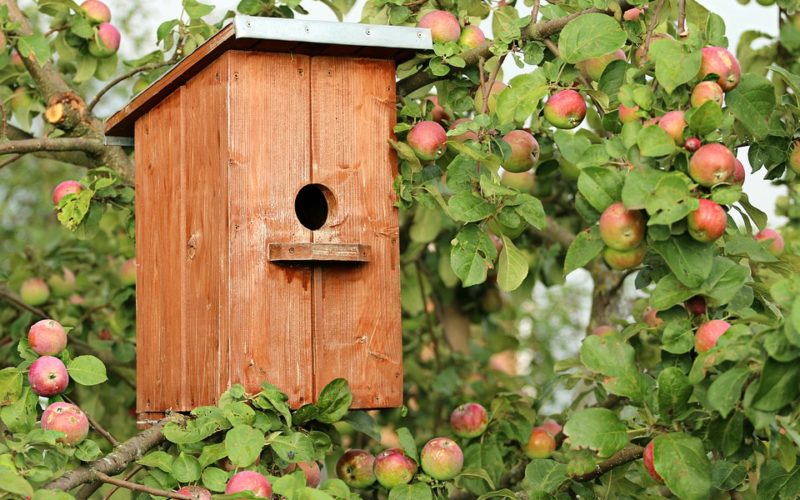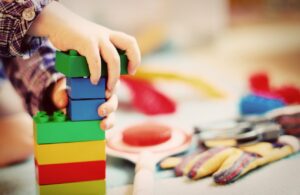The importance of teaching children life skills through DIY projects
In today's fast-paced world, equipping children with essential life skills is more important than ever. These skills not only prepare them for the challenges of adulthood but also enhance their confidence and independence. One engaging and effective way to teach children these skills is through DIY projects. By involving them in hands-on activities, they get to learn practical skills while fostering their creativity and problem-solving abilities.
Why life skills matter
Life skills are the abilities that enable individuals to deal with the daily demands and challenges of life effectively. These skills include communication, critical thinking, decision-making, and self-management. For children, learning these skills early on lays a strong foundation for their future personal and professional lives. Engaging in activities that develop life skills also fosters resilience, adaptability, and emotional intelligence, which are crucial in navigating the complexities of the modern world.
The benefits of DIY projects
DIY projects provide an excellent platform for children to learn life skills in a fun and interactive manner. These projects encourage creativity and innovation, allowing children to explore their interests and talents. Additionally, DIY activities require planning, resource management, and problem-solving, all of which are fundamental life skills. By completing a project, children experience a sense of achievement, boosting their self-esteem and motivation to tackle new challenges.
Building critical thinking and problem-solving skills
When children engage in DIY projects, they are often faced with challenges that require them to think critically and devise solutions. Whether it's figuring out how to build a birdhouse or creating a simple circuit, these projects encourage children to analyse situations, identify problems, and experiment with different solutions. This process not only enhances their problem-solving abilities but also encourages them to think creatively and approach challenges with an open mind.
Encouraging responsibility and self-reliance
Through DIY projects, children learn the importance of taking responsibility for their actions and decisions. They become aware of the consequences of their choices and develop a sense of ownership over their work. This responsibility extends to managing resources, such as time and materials, and ensuring that tasks are completed efficiently. By learning to rely on themselves to solve problems and complete projects, children build their self-reliance and confidence, essential qualities for success in life.
Fostering teamwork and communication
Many DIY projects can be done collaboratively, providing an opportunity for children to develop their teamwork and communication skills. Working with others teaches children how to share ideas, listen actively, and negotiate to achieve a common goal. These experiences help them understand the importance of collaboration and respect for diverse perspectives, essential skills for thriving in social and professional settings.
Getting started with DIY projects
To integrate DIY projects into your child's learning, start with simple activities that align with their interests. Projects like creating a scrapbook, building a model car, or designing a small garden can be both enjoyable and educational. Provide guidance and support, but allow your child to take the lead, encouraging them to explore their creativity and problem-solving skills. Over time, introduce more complex projects that challenge their abilities and help them further develop their life skills.
Incorporating DIY projects into children's routines serves as a powerful tool for teaching essential life skills. By engaging in these activities, children develop critical-thinking, problem-solving, and communication skills, all while having fun and exploring their creativity. By nurturing these skills early on, we empower children to become confident, capable, and resilient individuals, ready to thrive in the future.


